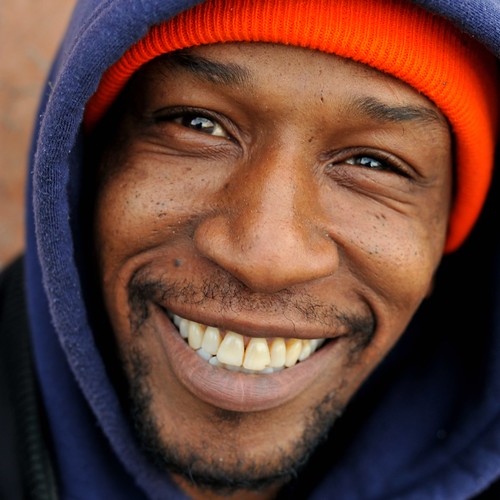 |
| Photo Credit: Leah Paske |
Even though we relocated less than 15 minutes away, it felt like I was completely starting over. I was leaving behind the friends I had grown up with and all I had known. Venturing into high school is always a pivotal step in the life of a teen but as an introvert, I was especially anxious about having to make new friends while being "the new kid."
Football practice started a few weeks before classes did so I was starting from scratch with my new teammates and coaches. To make matters worse, my new school was a rival of the high school I would have attended. The guys that were my "enemies" in eighth grade were now my teammates as a ninth grader. My new high school was coming off a state championship and the varsity coach had recently been named the Detroit Free Press "Sports Figure of the Year." To say I was intimidated was an understatement.
All I remember about my first few days of practice is that it felt reminiscent of how my dad had described boot camp with the U.S. Marine Corps. It was physically demanding, I got yelled at a lot and I didn't seem to know what I was doing. Though I was one of the better players on my eighth grade team and distinguished myself as a two-way starter, none of that seemed to matter in a system I was unfamiliar with and to coaches that didn't know me. In fact, it wasn't until the third day of practice that one of my teammates even said a word to me. I felt completely alone and longed to return to my friends "back home."
I eventually made friends and stopped getting yelled at so much. Over time, I became adjusted to my new life and didn't feel quite so alone. But when I recently read the story of Bo Peske (the boy in the photo on the right) and Florida State football player Travis Rudolph (in photo on the left), my mind immediately went back to when I felt so alone as a 14-year-old high school freshman. I remembered how much I simply wanted someone to just be my friend in the way that Travis became to Bo.
It seems that a number of FSU football players were visiting Bo's school when Rudolph noticed Bo sitting alone in the cafeteria. He decided to sit with him and began a conversation over lunch. A worker at the school took a photo and sent it to Bo's mom, Leah. She posted the picture on Facebook, which has now gone viral. Since Bo has autism, he gets treated a bit differently by his classmates and regularly has no one to sit with at lunch.
His mom had this to say after seeing the photo:
"I'm not sure what exactly made this incredibly kind man share a lunch table with my son, but I'm happy to say that it will not soon be forgotten. This is one day I didn't have to worry if my sweet boy ate lunch alone, because he sat across from someone who is a hero in many eyes."When I think about it, I think most of us are probably a lot like Bo. There are things about us that others may find different that will lead them to not engage with us. And, in many ways, most adults are probably no different than the middle schoolers who choose to not sit with Bo. We might disregard others because of their differences or unintentionally ignore others because we're wrapped up in our own world.
One of the profound things about the example that Travis sets for us is not just that he engages with Bo but he shares a meal with him. The practice of sharing a meal with someone is not to be missed.
When we share a meal with someone, we communicate friendship, identification and acceptance. It is one of the reasons that Jesus was considered so scandalous by the religious leaders of his day. He ate with those considered to be beneath the upper crust of society. But the primary concern of Jesus was not to please self-appointed religious leaders. He was most concerned with glorifying His Father by pouring out His love on people in desperate need of His grace.
The simple act of kindness that Travis Rudolph demonstrated illustrates the difference that selfless love can make in the life of someone else. I wonder how different the world would be if there were more people like Travis. How might it be if we went out of our way to care for those that we perceive to be different and seek to get to know them in a personal way? What if, like Jesus, we took the time to share a meal with those who might be different than us?


